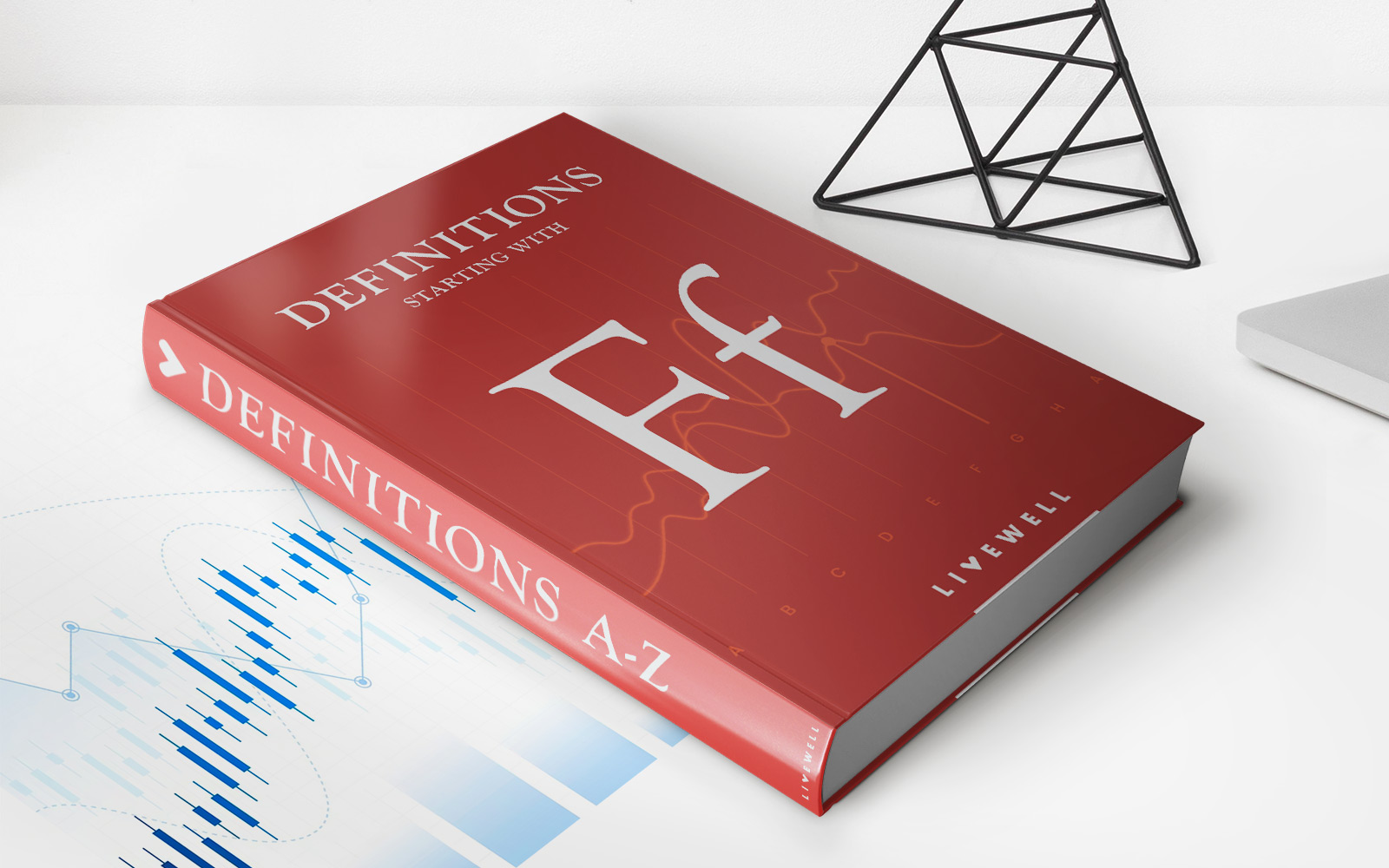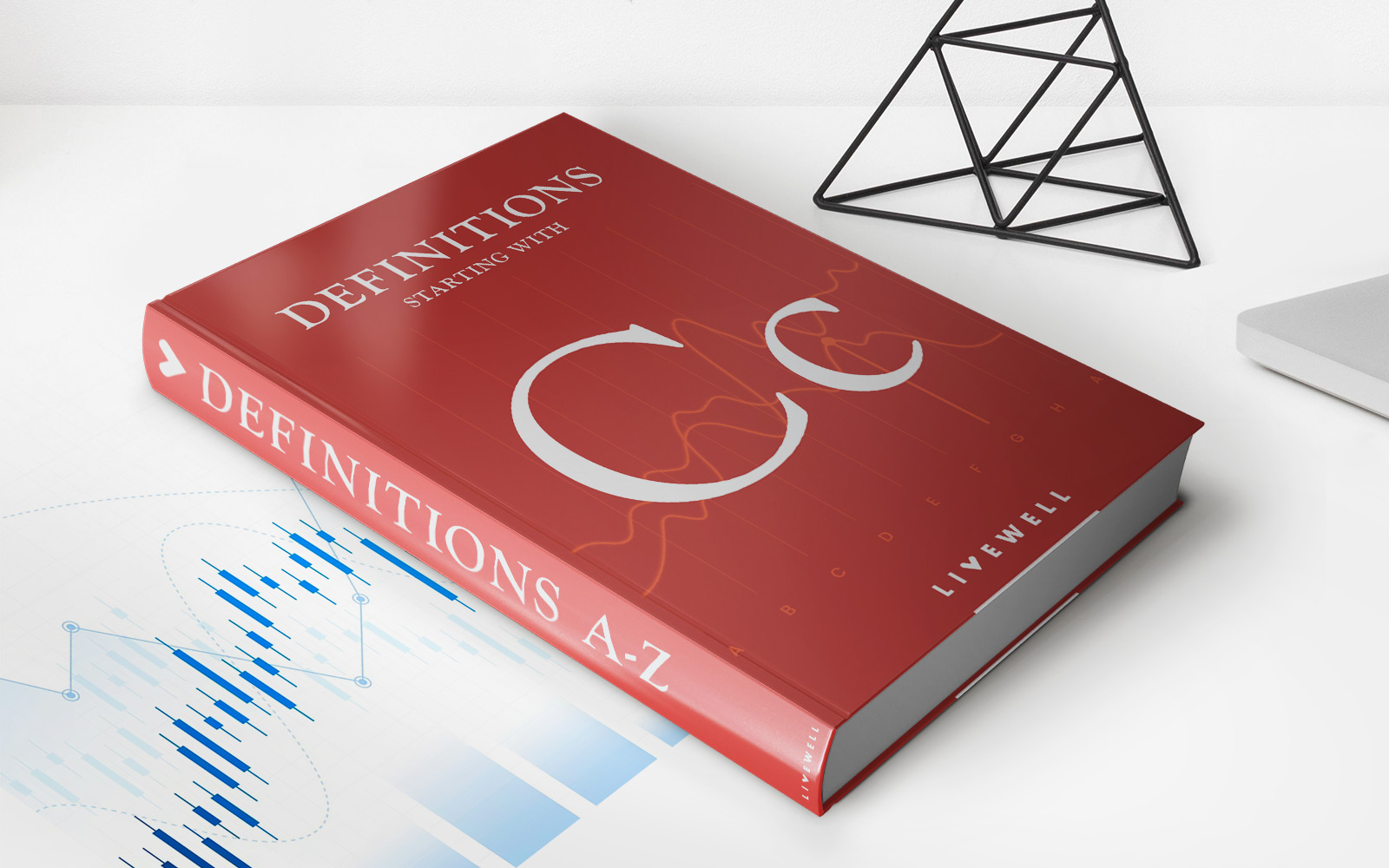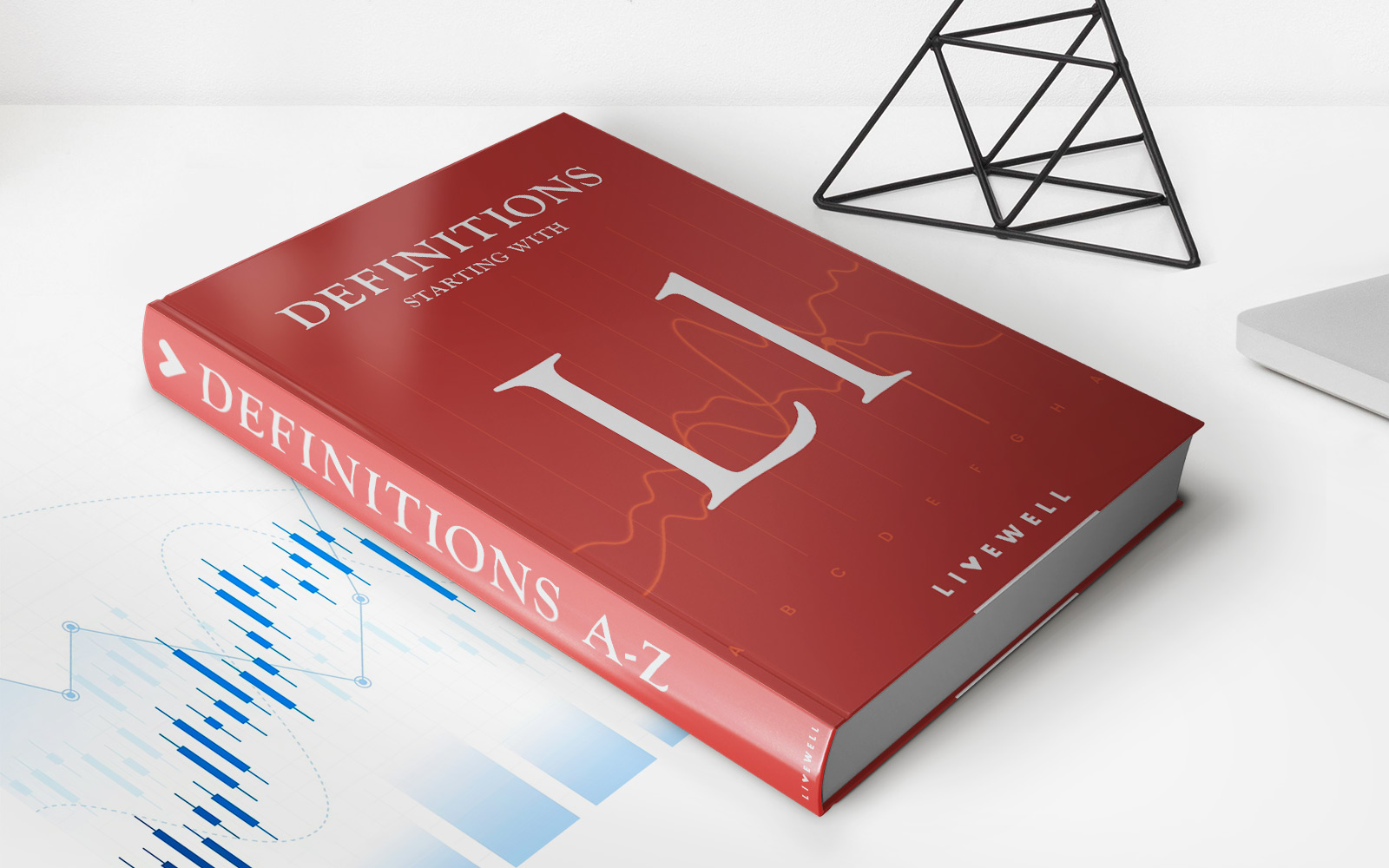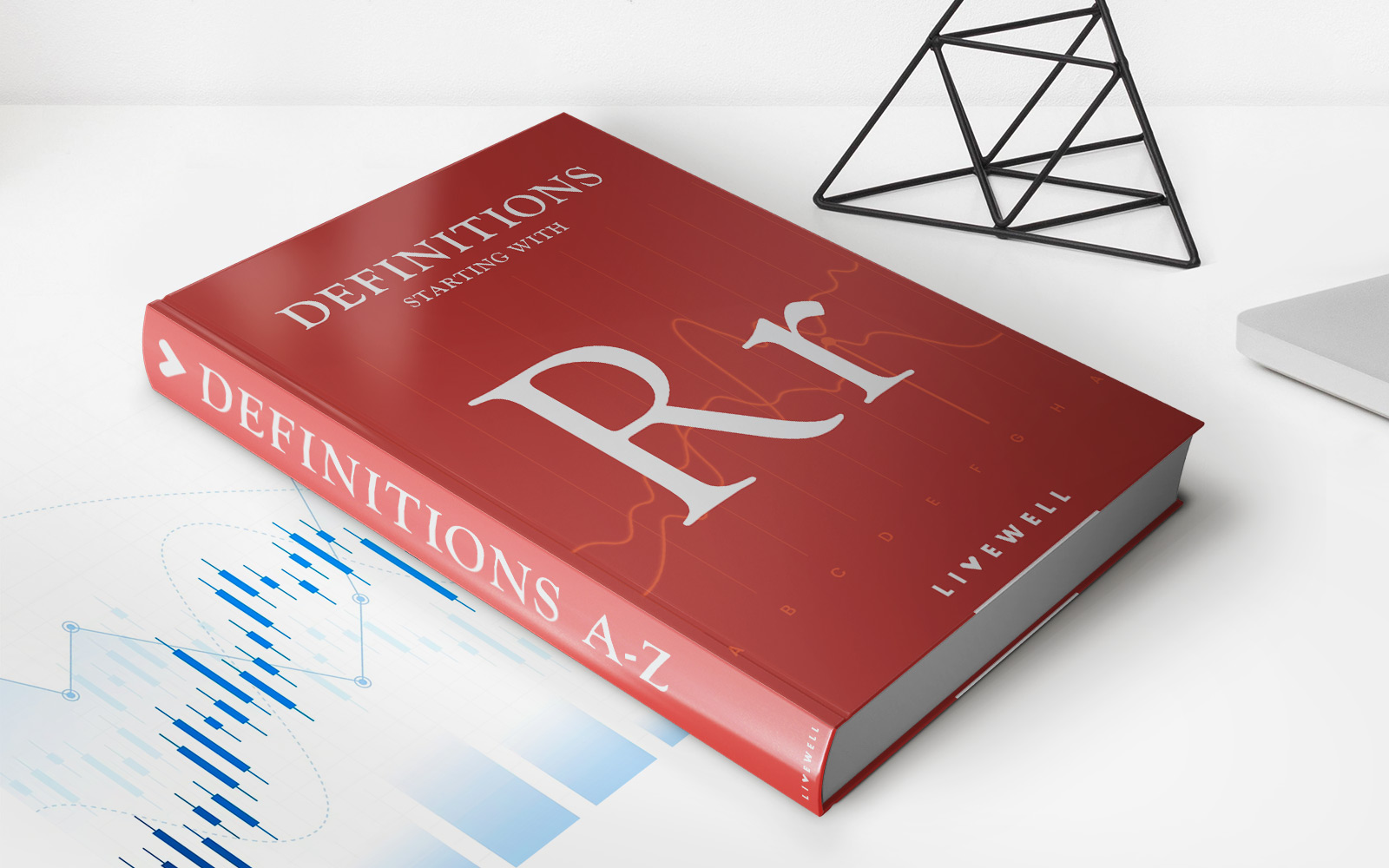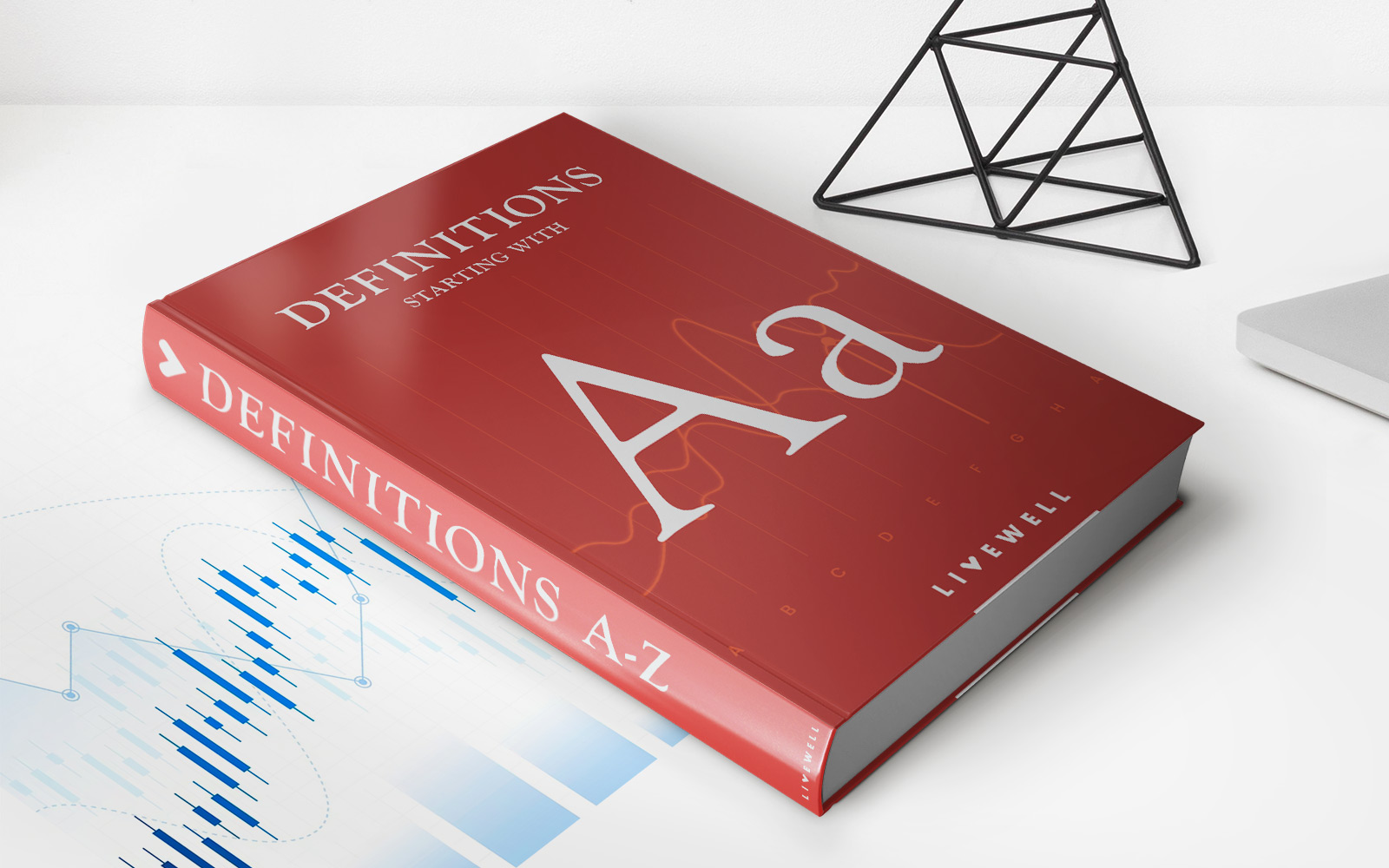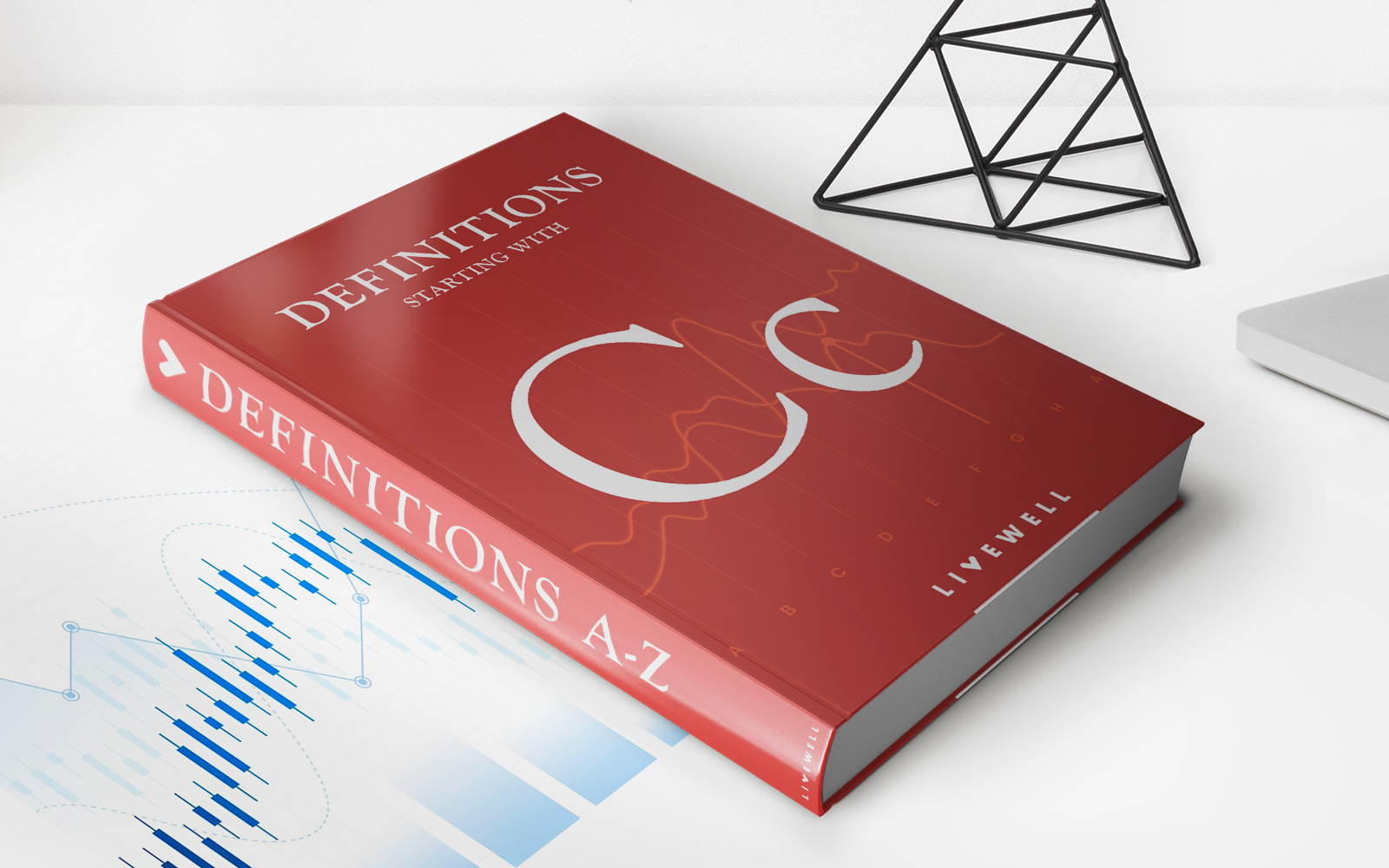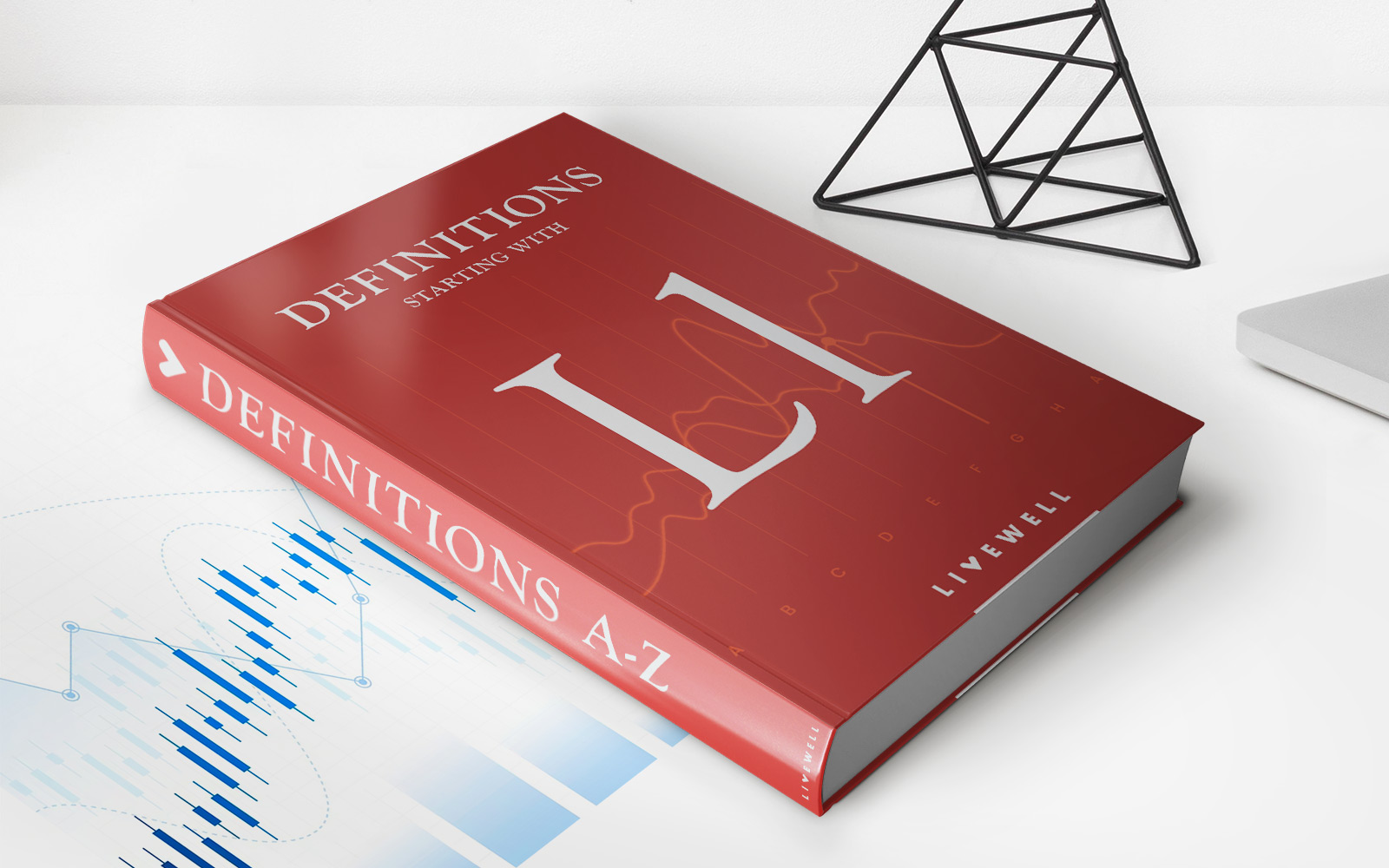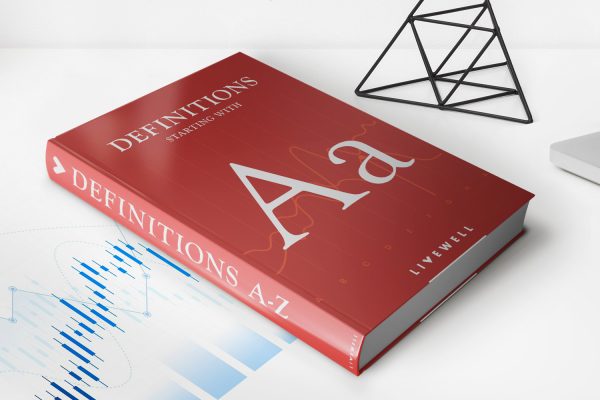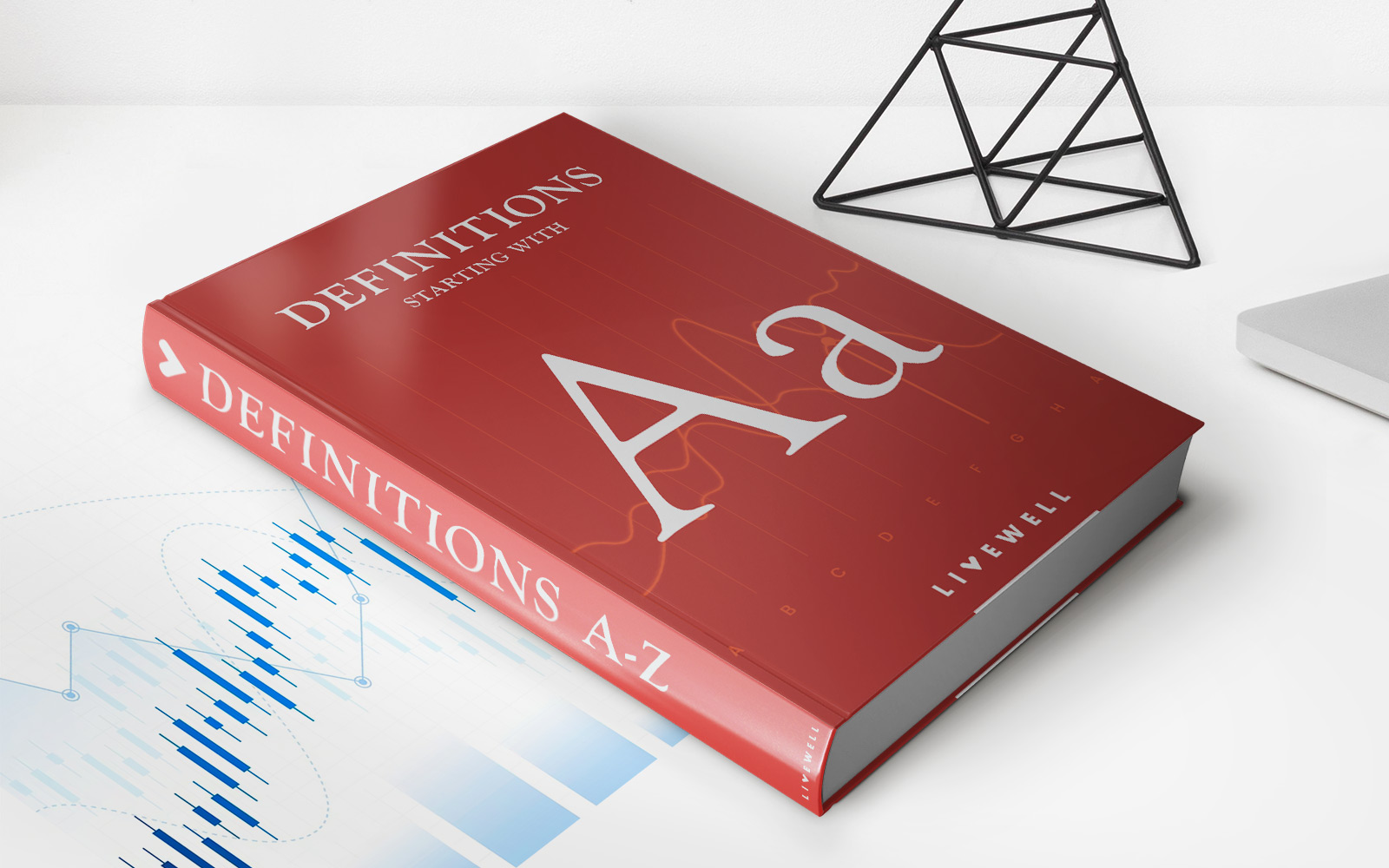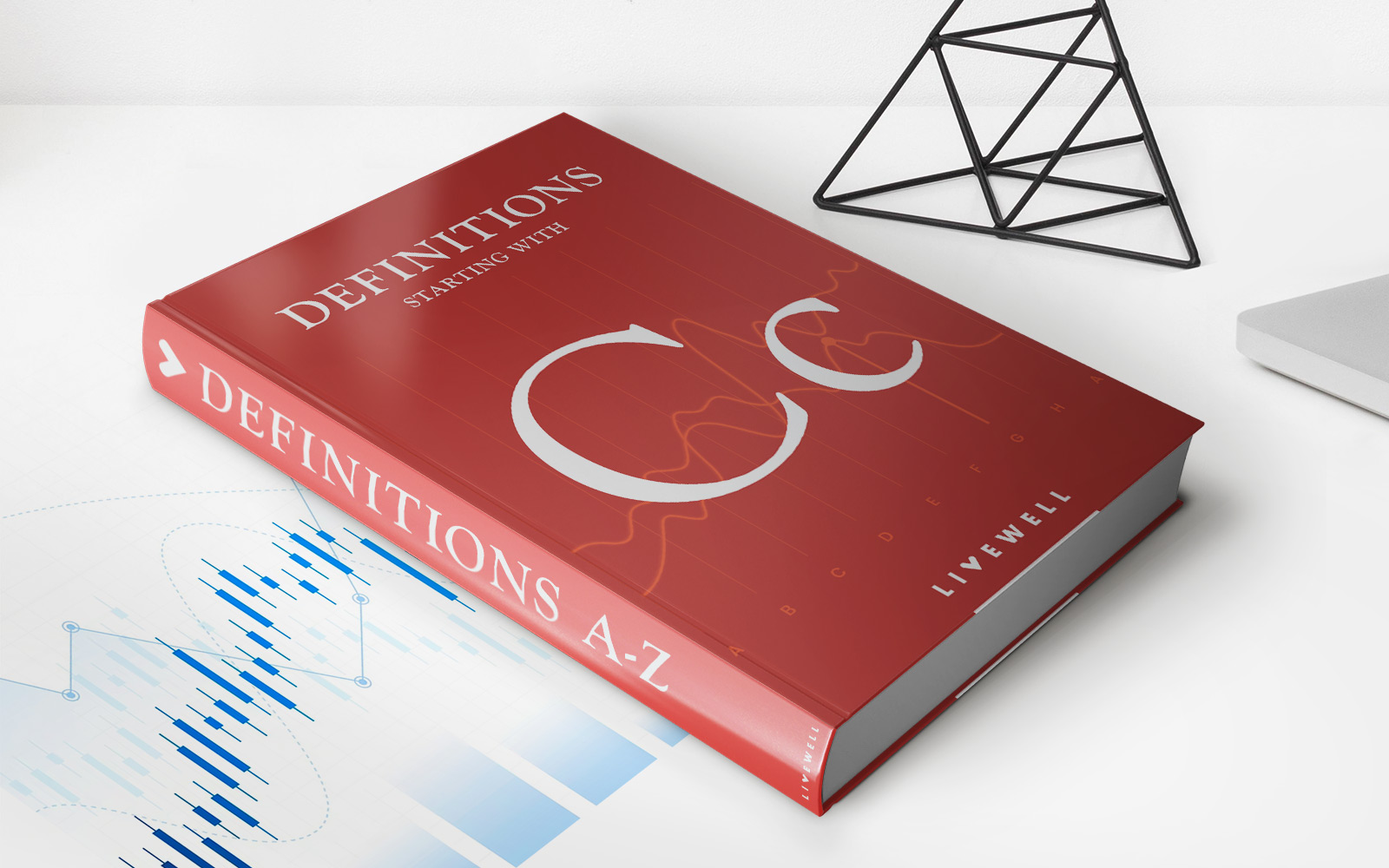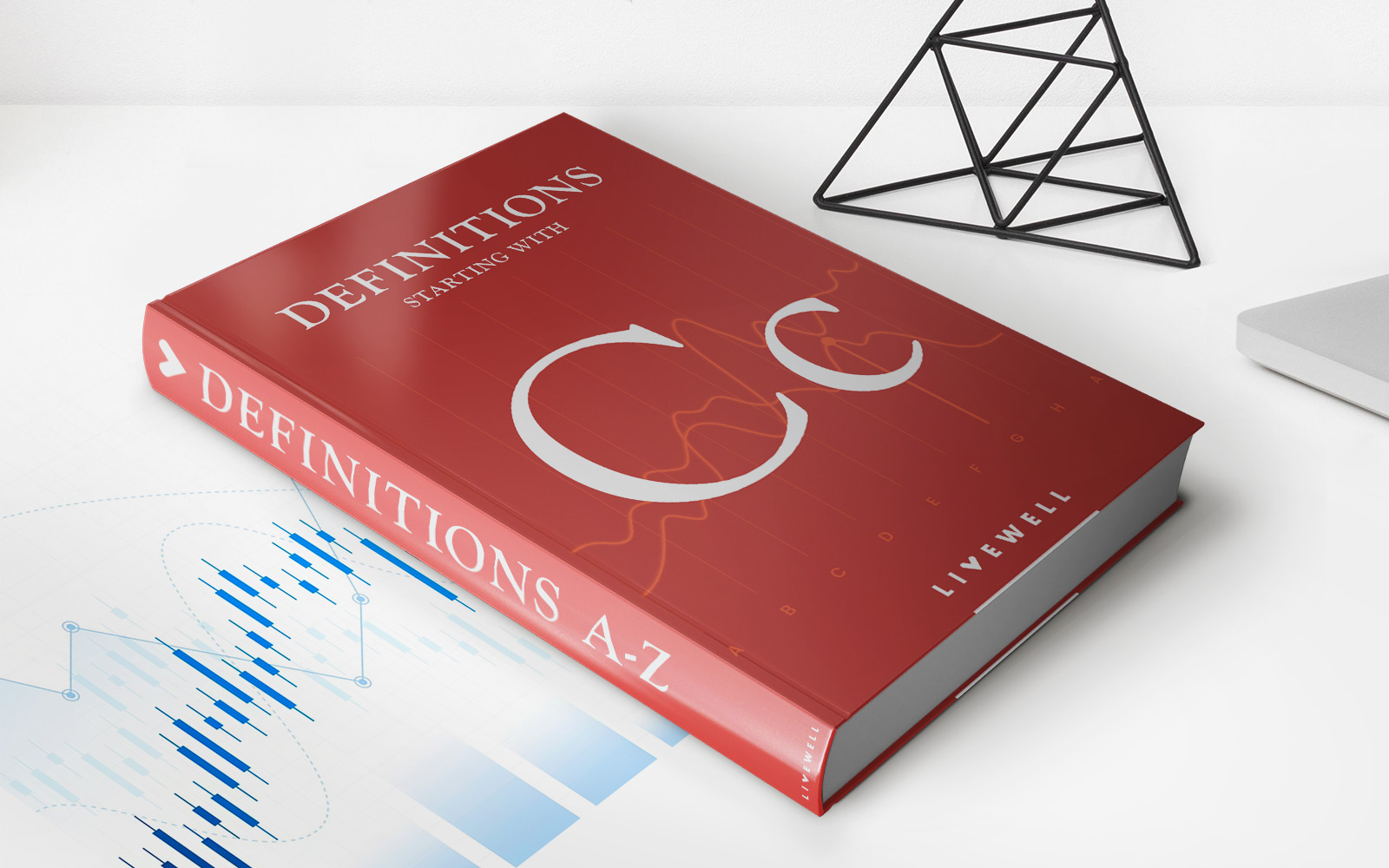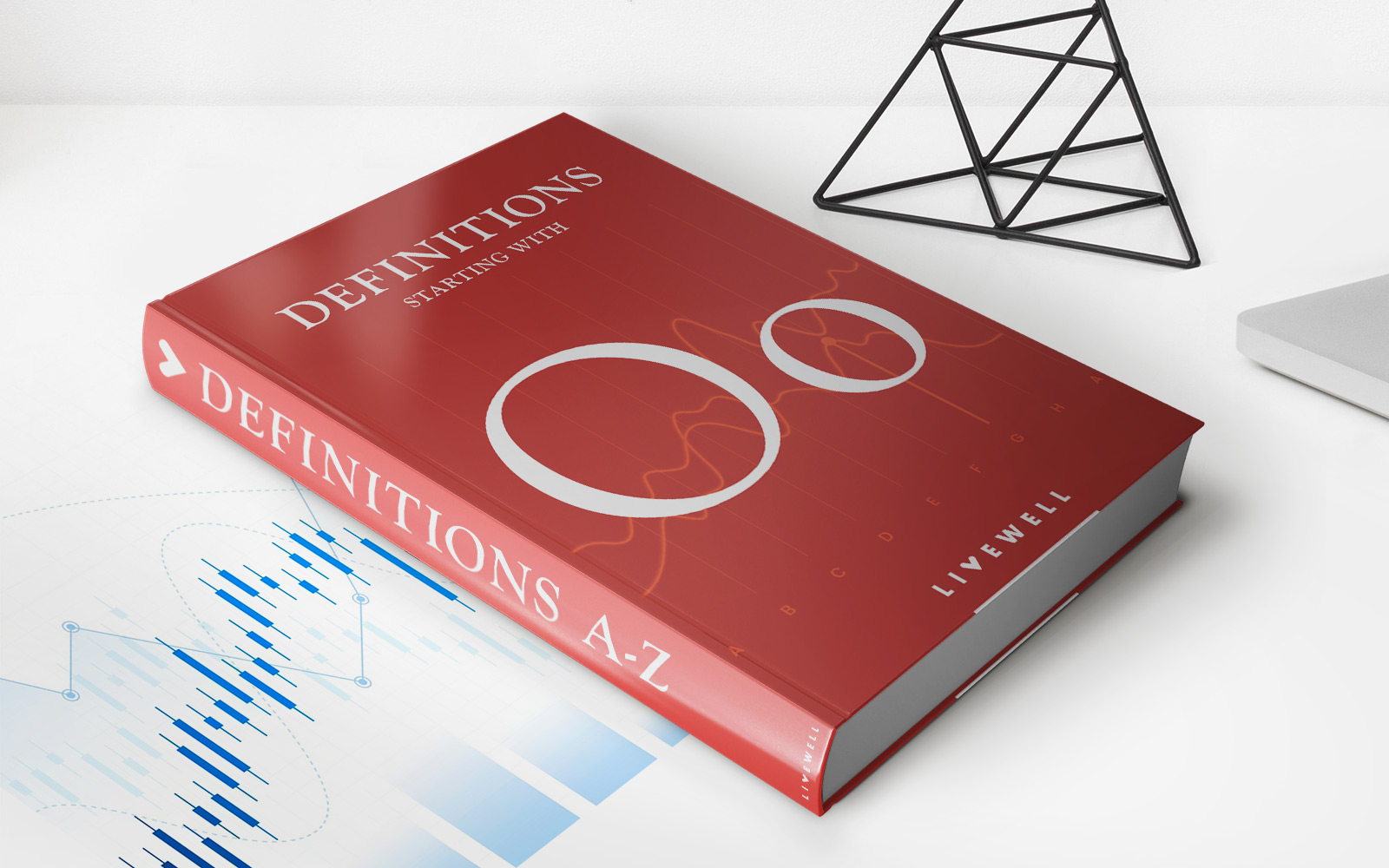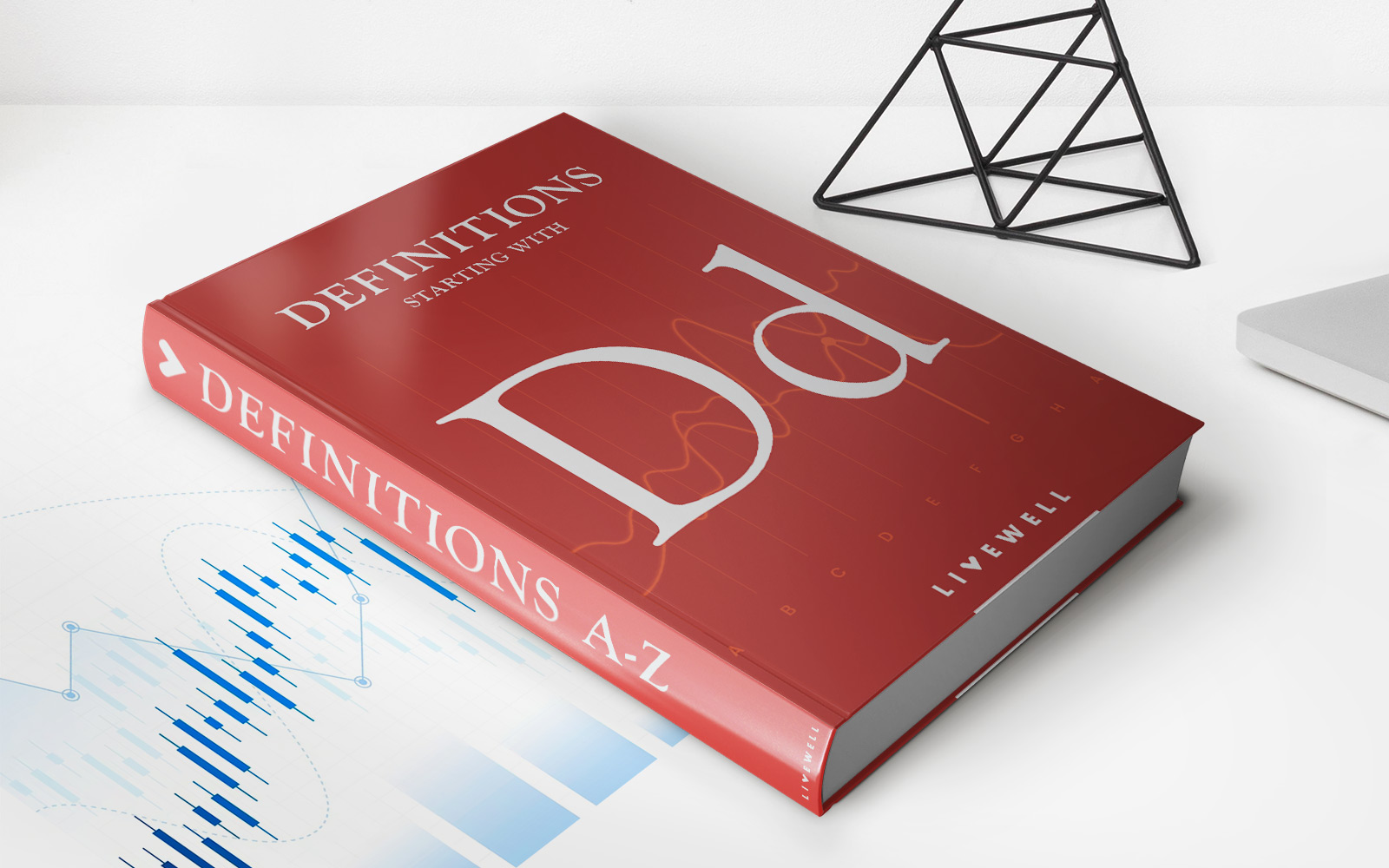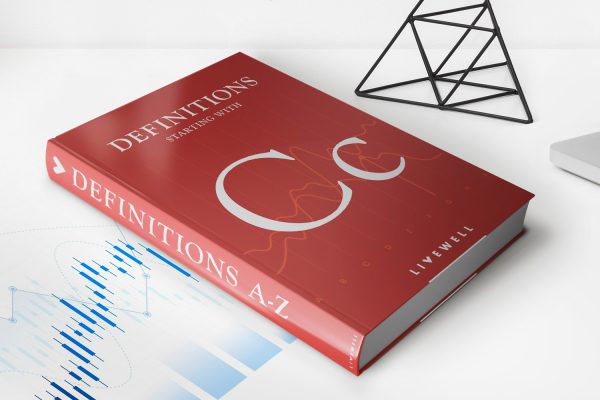

Finance
Conversion Premium Definition And Example
Published: November 2, 2023
Learn about conversion premiums in finance, including its definition and practical examples. Understand how this concept affects various financial transactions and investments.
(Many of the links in this article redirect to a specific reviewed product. Your purchase of these products through affiliate links helps to generate commission for LiveWell, at no extra cost. Learn more)
Understanding Conversion Premium: Definition and Example
Welcome to our Finance blog! Today, we will delve into the concept of conversion premium. If you’re new to this term or curious about its significance in the financial world, you’re in the right place. We will explore what conversion premium means, provide an example to illustrate its function, and offer key takeaways to enhance your understanding. So, let’s dive in and demystify the idea of conversion premium!
What is Conversion Premium?
Conversion premium refers to the additional value an investor is willing to pay for the option to convert a security into a different form, typically equity shares, at a future date. It represents the premium price investors are willing to pay over and above the intrinsic value of the security.
When companies issue convertible securities, such as convertible bonds or preferred shares, they include a conversion feature that allows investors to convert these securities into common shares at a predetermined conversion price. The conversion premium is the amount paid by investors to gain this conversion privilege, giving them the right to convert their securities into shares of the issuing company.
Example of Conversion Premium
To better illustrate the concept, let’s dive into an example:
Imagine XYZ Corporation decides to issue convertible bonds with a face value of $1,000 each. These bonds have a conversion feature that allows investors to convert each bond into 50 shares of XYZ Corporation’s common stock at any time before maturity. In the market, the value of each XYZ Corporation’s common share is currently $20.
Now, let’s assume an investor decides to purchase one of these convertible bonds at a price of $1,200, which is $200 higher than the bond’s face value. In this scenario, the conversion premium is $200, representing the additional amount the investor paid to have the option to convert the bond into common shares of XYZ Corporation in the future.
Key Takeaways:
- Conversion premium is the extra amount an investor pays to have the option to convert a security into a different form, typically equity shares, at a later date.
- The conversion premium is the premium price paid over the intrinsic value of the security and reflects the value investors place on the conversion privilege.
Understanding conversion premium is essential for both investors and companies issuing convertible securities. Investors must evaluate the premium they are willing to pay to convert their securities into shares, considering the potential gain in value. Companies, on the other hand, can gauge investor demand and preferences by analyzing the conversion premium investors are willing to pay, guiding their future fundraising decisions.
We hope this blog post has shed light on the concept of conversion premium, helping you grasp its significance in the financial landscape. Feel free to explore our other finance articles on our blog for further financial insights and tips!
